Are we conditioned to view the situation differently when Muslims are involved?
The events surrounding the massacre at the Charlie Hebdo offices in Paris on January 7 are reprehensible, but not necessarily shocking. At least not for the reasons we might think. Violence must be condemned, yet the inevitable politicization of this event, on both sides of the Atlantic, will soon start to configure around simplistic and digestible narratives.
We should be wary of these simplifications for a variety of reasons. Amongst them, the ability of politicians and media to diminish the complexity of relations between East and West, poor and affluent, secular and religious, or the obsessive fetish surrounding the very concept of freedom of speech. Each of these had some part to play in the Paris attacks.
We have already begun hearing the usual sound bites relating to “freedom” and “assaults on democracy,” and while it is easy to revert to such a facile assessment of the situation, the public should be justifiably skeptical. Such baseless tropes remain the foundation for countless policies, which have spun a never ending cycle of violence — look no further than the continued War on Terror.
Moral Superiority
Our reflections about the Charlie Hebdo shootings should not start with a projection of moral superiority about Western values, but a quiet internalization on what freedom of speech really means. About how we contextualize it, in the hyper connected world we now live in. And, more importantly, how this has become fetishized as an unassailable component of modern democracy and how we continually fail to grasp the very real implications that it has on public well being. Especially when our ability to think critically is often challenged by the overwhelming abundance of often conflicting information.
This certainly is not meant to apologize away the behaviors, or violence, of any one person or group of people. We must concern ourselves with the deeply profound issues, which manifest from certain interpretations of Islam, much in the same way we must acknowledge the failures unique to liberal democracy. What these shootings reflect, and what we must continue to acknowledge, is that we have reached a critical junction of where culture, media and self-awareness have intersected with national identity and policy, both foreign and domestic.
Nowhere is this more perfectly embodied than in France, where Muslims remain marginalized, totaling roughly 5-6 million, or 8% of the population. Within this demographic there is drastic underemployment, diminished opportunity connected to race and religion, post-colonial tensions and deep-rooted cultural barriers that remain in national opposition, such as the belief in state assimilation vs faith-based self-expression – like wearing the hijab (headscarf). Therefore, generating content that is inherently provocative against a disenfranchised class of people only stresses these societal challenges and, unsurprisingly, has brought some of them to a point of political violence. To any objective observer, this should come as no surprise.
These are not value judgments — they only reinforce observations about why someone or some groups can justify violence to themselves, when living in a society that espouses liberal principles. Maintaining the ability to reason along these lines is important, if we are ever to fully understand the acceptable balance between freedom of speech and cultural acceptability.
Cycle of Violence
Another way of understanding the basis of this tragedy is through the interminable War on Terror, a perpetual theme now engrained in the lives of most Americans and Europeans since 9/11. We have been conditioned to believe that, at all times, a terrorist attack is imminent and our way of life permanently disrupted. Disrupted by whom? By Muslims. A ridiculous notion given the actual statistics on terror attacks — even more so for Americans who contend with upward of 30,000 gun deaths each year.
Nonetheless, this has given rise to an entire industry that supports a certain kind of characterization of 1.6 billion people spread throughout 49 Muslim-majority countries. One which continually remains omnipresent in politics, media and movies. CNN’s Don Lemon recently asked renowned human rights lawyer Arsalan Iftikhar if he supports the Islamic State , on the sole pretense that he happens to be Muslim.
The cartoons of Charlie Hebdo are indeed racist, offensive and completely objectionable and, at times, absolutely hilarious. But they are only funny to those of us who have not been marginalized, who have nothing to lose and everything to gain by laughing at satire that was generated to be purposefully offensive. The argument that the magazine’s burlesque targeting of religious and political groups was universal only holds up in the minds of those who believe there is some kind of equilibrium to the world’s power structure. Meanwhile, this is set against continued “war-fighting” in the Muslim world, illegal detentions, torture and drone strikes which, according to some sources, have killed upward of 4,000 people in the last decade.
So it is not just about cartoons or satire; it is about an entire mentality, which is advanced by governments and media to reinforce a cycle of violence against people from a religion we might never actually come into contact with. This is followed by the inevitable expansion of national security infrastructure, dilutions of personal privacy and an undermining of civil liberties. How ironic is it that we will allow these restrictions to permeate our thinking, our way of life, but unite over political mockery that is tasteless and offensive? This is a highly unpopular opinion because it forces us to acknowledge a certain level of prejudice and malfeasance that we have all been complicit in.
Unfortunately, there are no simple ways to rationalize what happened in Paris to the staff of Charlie Hebdo. Violence of any kind, especially in countries committed to secular liberal values, is unacceptable. We are, however, living in an age that has not yet fully come to terms with what it means to be truly interdependent, truly connected, to cultures and communities far different from our own. Nor do we completely understand what it means to be perpetually at war with an enemy and ideology that is as temperamental as it is unpredictable. Despite this, we must be reasonable in our approach to freedom of speech and balance it against the public interest.
There are a million ways to make clever points and further the cultural discourse, without having to show unadulterated support for satire and parody that is of questionable merit. This is the epitome of fetishizing freedom of speech. Should the situation be slightly different and the cartoonists be notoriously provocative against blacks, Jews or any other minority, would we be as outraged as we are now?
Fair Observer is a nonprofit organization dedicated to informing and educating global citizens about the critical issues of our time. Please donate to keep us going.
The views expressed in this article are the author’s own and do not necessarily reflect Fair Observer’s editorial policy.
Photo Credit: Anky / Shutterstock.com
Support Fair Observer
We rely on your support for our independence, diversity and quality.
For more than 10 years, Fair Observer has been free, fair and independent. No billionaire owns us, no advertisers control us. We are a reader-supported nonprofit. Unlike many other publications, we keep our content free for readers regardless of where they live or whether they can afford to pay. We have no paywalls and no ads.
In the post-truth era of fake news, echo chambers and filter bubbles, we publish a plurality of perspectives from around the world. Anyone can publish with us, but everyone goes through a rigorous editorial process. So, you get fact-checked, well-reasoned content instead of noise.
We publish 2,500+ voices from 90+ countries. We also conduct education and training programs
on subjects ranging from digital media and journalism to writing and critical thinking. This
doesn’t come cheap. Servers, editors, trainers and web developers cost
money.
Please consider supporting us on a regular basis as a recurring donor or a
sustaining member.
Will you support FO’s journalism?
We rely on your support for our independence, diversity and quality.



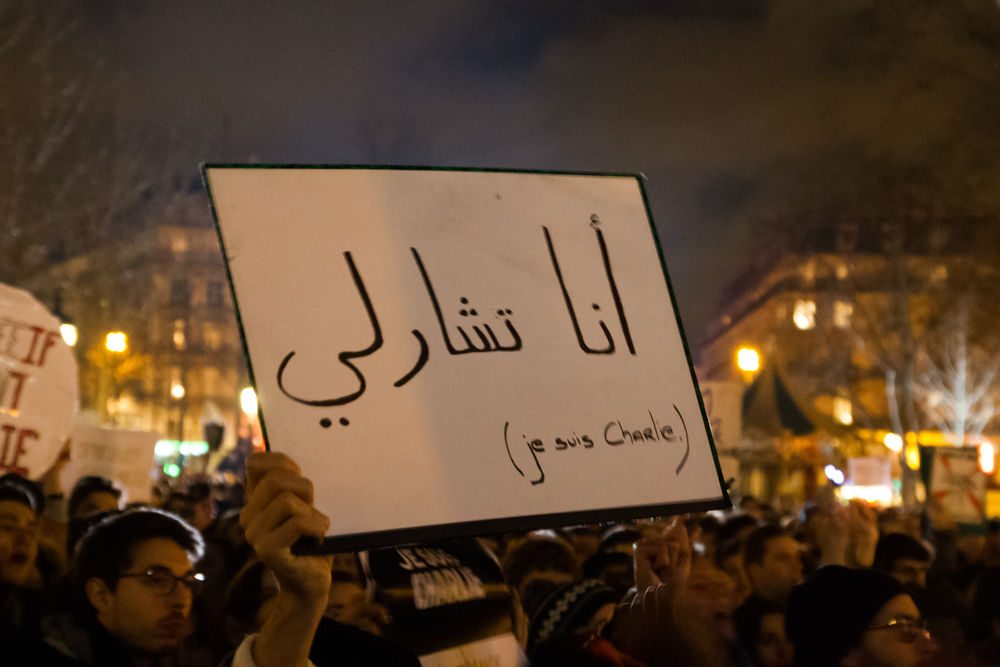
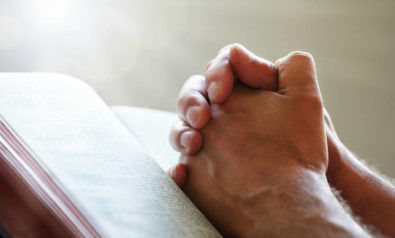
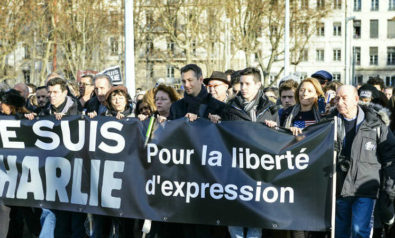
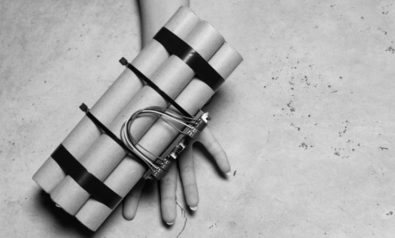
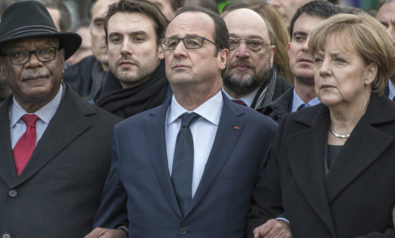
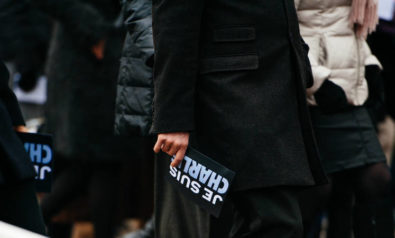

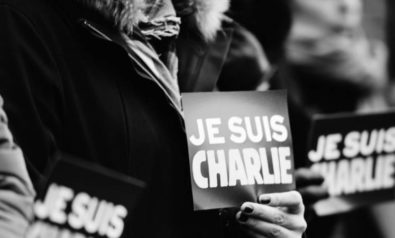
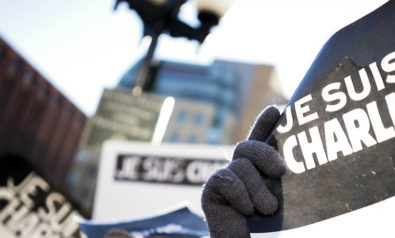

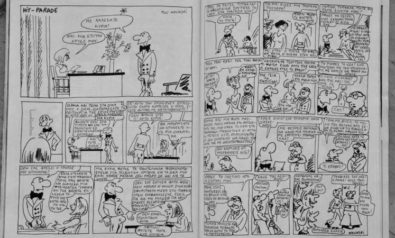
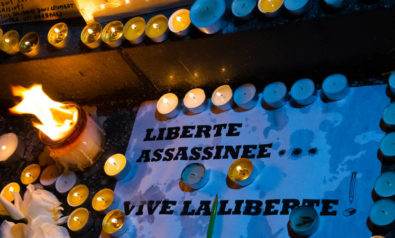
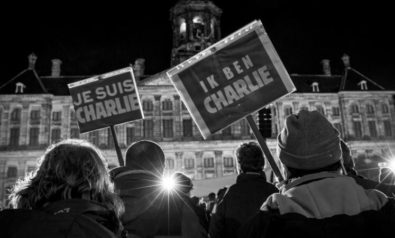
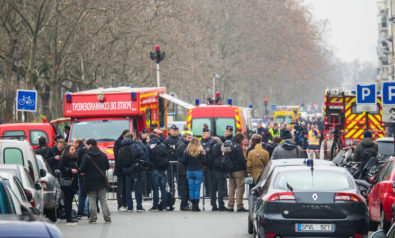
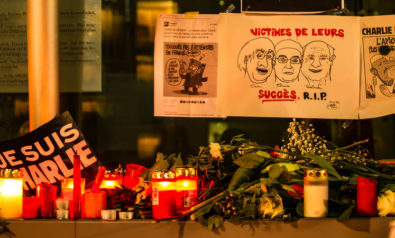
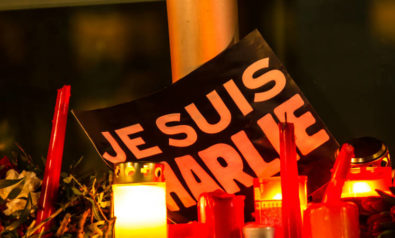

Comment